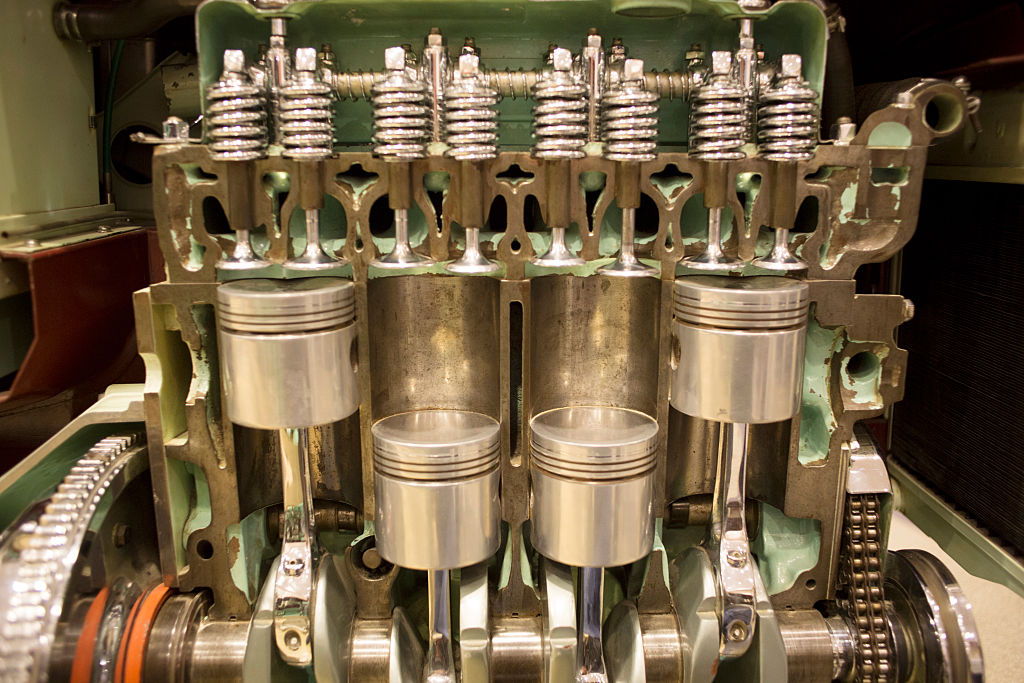05 May 2023
It seems that pressure has been applied to the government to redress the ‘unrealistic’ 2030 ban on the new diesel and petrol motor cars.
Boris Johnson announced the ban in 2020.
Karl McCartney MP recently stated ‘that the ban wasn’t realistic and that the government should not force people to do things that don’t wash.’
Jacob Rees-Mogg, the former Business Secretary, said: ‘It’s absolute madness. We are not ready. The petrol engine is an extremely efficient way of providing transport. The charging infrastructure just isn’t there. The cost of electric cars is still very high. The range of electric cars is still not good enough.”
The issue seems to revolve around three core points, namely:
Members of the Transport Select Committee cite the lack of infrastructure; they feel the inner cities and urban areas will be catered for. But this won’t be the case for the countryside.
Mr Rees-Mogg is adamant about the madness of the likelihood of 2030 being realistic.
Thirdly, a Research Group has calculated that the ban will cost every household £14,700.
Evidently, at the end of January 2023, there were 37,851 public charging points making the UK government’s target of 300,000 by 2030 probably unachievable.
The government recently announced it will invest £56m in a new wave of public chargers. That will fund around 2,400 points; sadly, this won’t ‘cut the mustard.’
![]()

